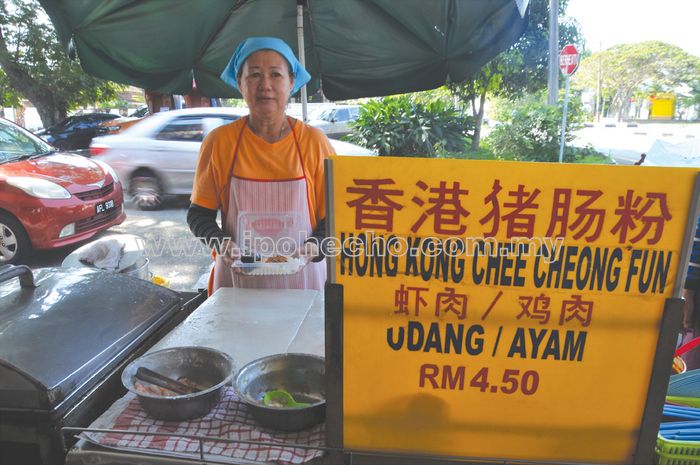To Ban or to Wait?




According to him, this is an effort made by the government to encourage cafes to start using biodegradable containers. With the state aiming to ban both plastic and polystyrene usage in all sectors and fields in Perak, Dr Amin said the final stage of the programme scheduled to start in June 2017 is to ban these items especially in supermarkets, hypermarkets and sundry stores.
Dr Amin then added that local authorities can take action under the by-laws against those who failed to adhere to the ruling.
However, when asked, Mayor of Ipoh, Dato’ Zamri Man gave an opposite answer, “Ipoh City Council (MBI) is doing our very best, through campaigning, to ban the usage of styrofoam especially among food vendors and restaurants. We can’t fine them yet as we are still waiting for the official orders,” said Zamri when interviewed.


“I feel like it is our responsibility to stop using styrofoam. It is a little bit more expensive, of course. But it is for a better cause,” said Amar Asyraf, co-founder of Nasi Lemak Lah who has been using biodegradable food containers since the first day of selling nasi lemak. Amar also added that the polystyrene food container is not suitable for hot food as the container might shrink as well as leach chemicals onto the food.
As for Wong Wai Har, a local food vendor selling chee cheong fun at New Hollywood Restaurant, she decided to change to biodegradable casings to avoid getting fined in the future, “I can still remember the order made by the authorities. Either we have to change to biodegradable or we will be fined. It is better to make the change now,” said Wong who also admits that although it is safer, these biodegradable containers are slightly more expensive than the usual plastic food case.


It is important to know that the reason why the change must be made is because plastic and styrofoam cannot be composted. In addition, when change is made, food vendors must make sure that their biodegradable containers have passed the ASTM (American Society for Testing and Material) D6400 Test for Compostability, EN (European Union) 13432 standard test or the Biodegradable Products Institute (BPI). Only containers that have met these tests can be composted.
Although MBI is carrying out their campaign, perhaps more needs to be done. Food vendors are not the only ones that need to be encouraged, but so do the customers. Instead of using containers provided, customers can start bringing their own tiffin carriers and bottles. Everyone must play their part to ensure zero tolerance towards the usage of plastic and polystyrene.
Ili Aqilah


